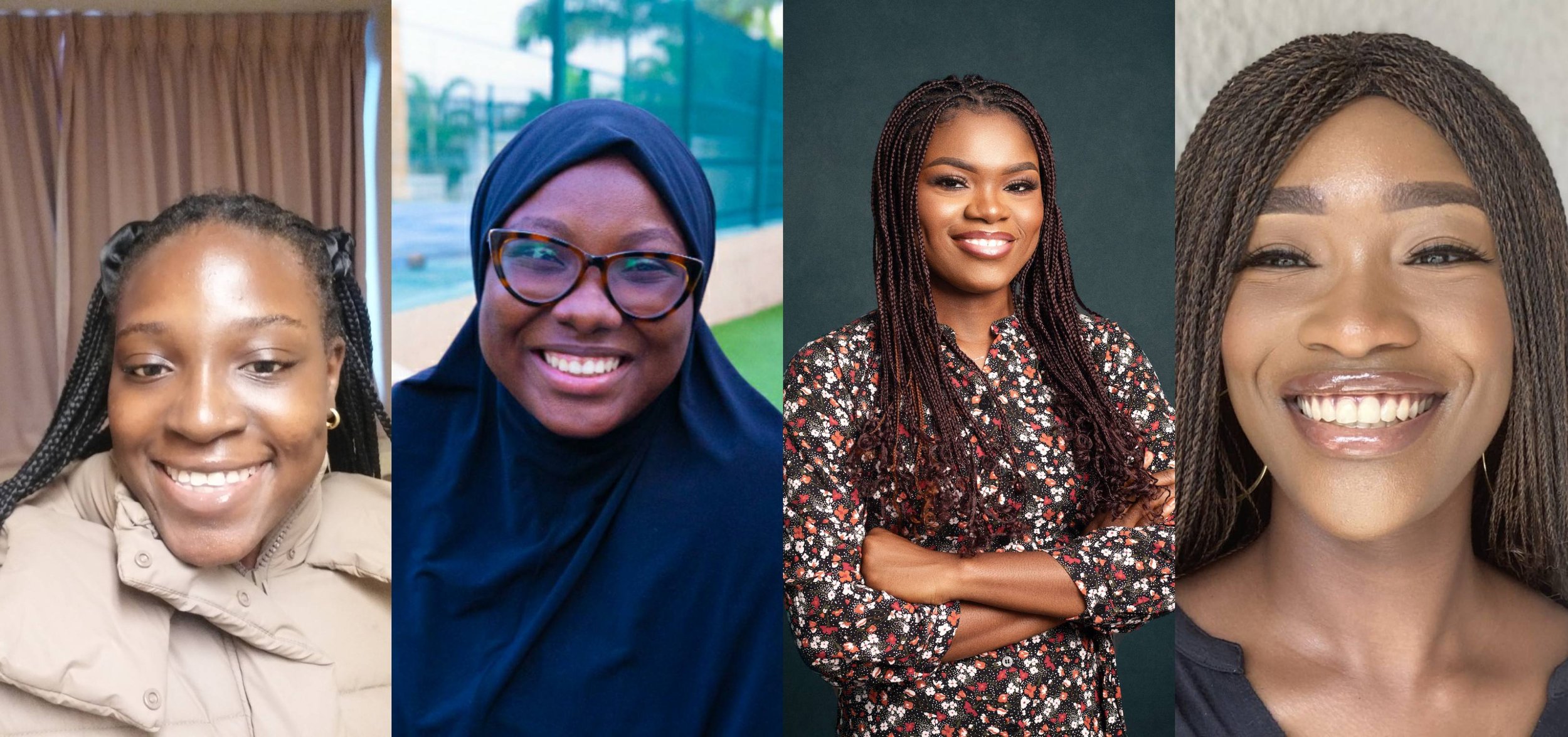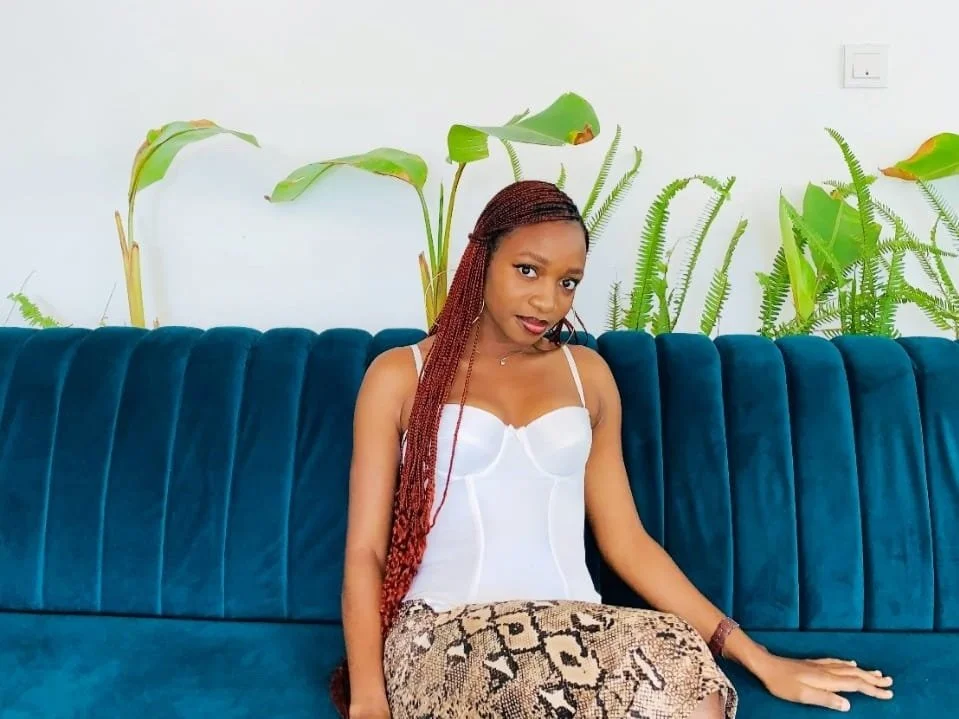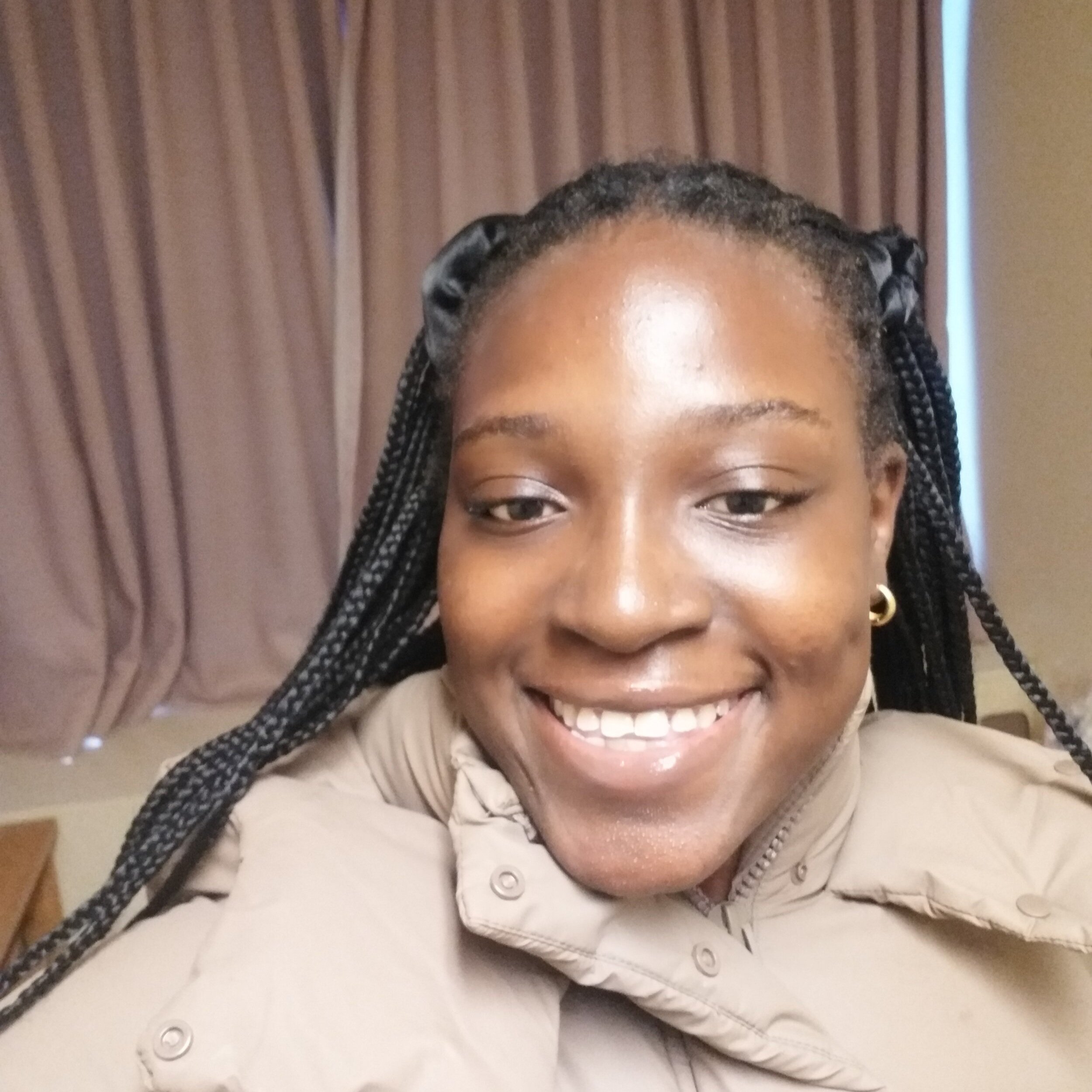Rising tides — young Nigerian women share reflections on the 2023 election
“As Nigerian authorities move to confirm the president-elect, Assembly connected with young women from across Nigeria to learn about their hopes, dreams and visions for their country,” Isiuwa shares.
In light of the 2023 presidential election, girls in Nigeria share their hopes, dreams and visions for their country.
Last month, the world's attention turned to the presidential elections of Africa's largest economy and continent giant: Nigeria. At a global moment rife with attacks on democracy, the promise of Nigeria’s election had energised youth and political pundits alike.
As Nigerian authorities move to confirm the president-elect, Assembly connected with young women from across Nigeria to learn about their hopes, dreams and visions for their country.
At the top of their policy agendas are insecurity, educational access, economic growth, and youth empowerment. Some highlighted youth and female representation, better infrastructure and government accountability in response to corruption. “I want more women's representation in government at all levels because I believe we are capable of running and coordinating the affairs of the state. The participation of FemCo in the ENDSARS protest is a palpable illustration of what women and youths are capable of doing,” said 20-year-old Alih Monica Achenyo of Kogi State.
Many of them also echoed concerns young Nigerian women shared with Assembly ahead of the presidential election in 2019, including education quality, high rates of out-of-school girls and insecurity. But the political landscape has changed since 2019. Then a record-low voter turnout shaped the outcome of those elections. In 2023, the winds of change have picked up once again with a Nigerian population growing younger and youths moblising to vote in droves. In the face of high discontent, inflation, unemployment, and poverty, the young people of today’s Nigeria are taking ownership of their present and future.
Read more from young Nigerian women about the challenges they face and how they want the next person living in Aso Rock Villa to respond to them.
“The incoming president must focus on tackling recurring ASUU strikes, insecurity and poor healthcare. In five years, I hope that Nigeria becomes a respected global figure, living up to the nickname "The Giant of Africa." By breaking traditional gender stereotypes, creating awareness of the potential of women and girls in various fields and pushing for more gender-inclusive bills to be passed, women and girls can directly impact the realization of this great dream.”
— Chinenyenwa Mba-Oji, Ebonyi state
“It is important that the next regime addresses issues such as insecurity, transportation problems and poor health care. Five years from now, after these issues have been tackled, Nigeria will become a country every citizen is proud of. As Nigerian girls and women, we have our part to play in shaping the Nigeria of tomorrow by making positive impactful changes in our community through our capacity.”
— Rasheedat Balogun, Kwara state
“Frankly, the country is currently facing a number of issues. However, broadly speaking, the problems of waste management/pollution, education and insecurity are three prominent challenges that need to be tackled urgently. The incoming president needs to understand that the youth, especially women and girls, are essential in the fight to solve the nation’s issues. A Nigeria years from now should be one in which its systems and infrastructure are functioning efficiently, arts, cultural and heritage sectors are thriving, and Nigerian languages are promoted both locally and internationally.”
— Susan Atiomo, Lagos state
“The three most important issues the incoming president must address are: education, insecurity, and police and military reform. Other issues I feel need attention are: availability and circulation of the new Naira notes, abolishment of laws and traditions that affect women and girls and free pads for girls in Nigeria.
I hope to see a better Nigeria where free education is a song on the lips of every Nigerian. Where Nigerians are not afraid to go to their farms or travel. Where youth breathe without police brutality choking them. Where brain drain is curbed to the minimum, and people can truly affirm that 'education no be scam' because unemployment and a stagnant economy will be long forgotten. Where women and girls are free from the chains of patriarchy, child marriage, sexism, gender-based violence, etc. Where we banish period poverty. A Nigeria where women’s inclusion in any sector goes without question. Where corruption and its cohorts scamper for their lives.
The future is young and belongs to those in it: youths. Currently about 70% of Nigeria is under the age of 30, with girls under 30 comprising nearly 1/3 of the total population alone. As of July 2022, Nigerian women constitute only 3.6% of the national parliament, and none are 35 or younger. While 42% of the population are under the age of 15. In spite of this huge youth population, old generation politicians dominate the nation's political space. INEC recently revealed that above 51% of registered voters are between 18 and 35 years old. This means that as a block, they can decide the destiny of Nigeria.
Youth inclusion in the new Nigeria should not be a privilege but a responsibility. Imagine the number of young women and men that are excluded from politics. And, in turn, this excludes potentials, skills and intellect necessary to facilitate the economic, social, technological and political growth of our nation. For this new Nigeria, our progress won't be better than before without the exploration of the potentials of Nigerian women and youths. The new political agenda for our country should find the youths at its core.”
— Kalu Henrietta Chiamaka, Imo state
“It's the primary duty of every government to protect the lives and properties of citizens, so I want the new administration to prioritize this by tackling insecurity alongside an improvement in the educational sector and the restoration of the nation's economy.
In five years, I want a Nigeria where citizens feel safe and where the government is accountable. I want more women's representation in government at all levels because I believe we are capable of running and coordinating the affairs of the state. The participation of FemCo in the ENDSARS protest is a palpable illustration of what women and youths are capable of doing.”
— Alih Monica Achenyo, Kogi state
“I hope our incoming president addresses the issues of corruption ongoing in the country, the daily increment of poverty and the failing education system. I hope, in five years from now, we will have a Nigeria where women and girls are properly presented a land to thrive and grow, access to quality education and a place where girls and women feel comfortable without any prejudice and fear of living. I believe that youths, women and girls especially, would help shape that future we all desire if they are presented opportunities to become aware of their rights, allowed to use our voices and cry out against the things holds our freedom captive, and be able to come to a conclusion that our current situation should not become our new normal.”
— Racheal Ifedayo Ajadi, Lagos state
 Read more
Read more
















